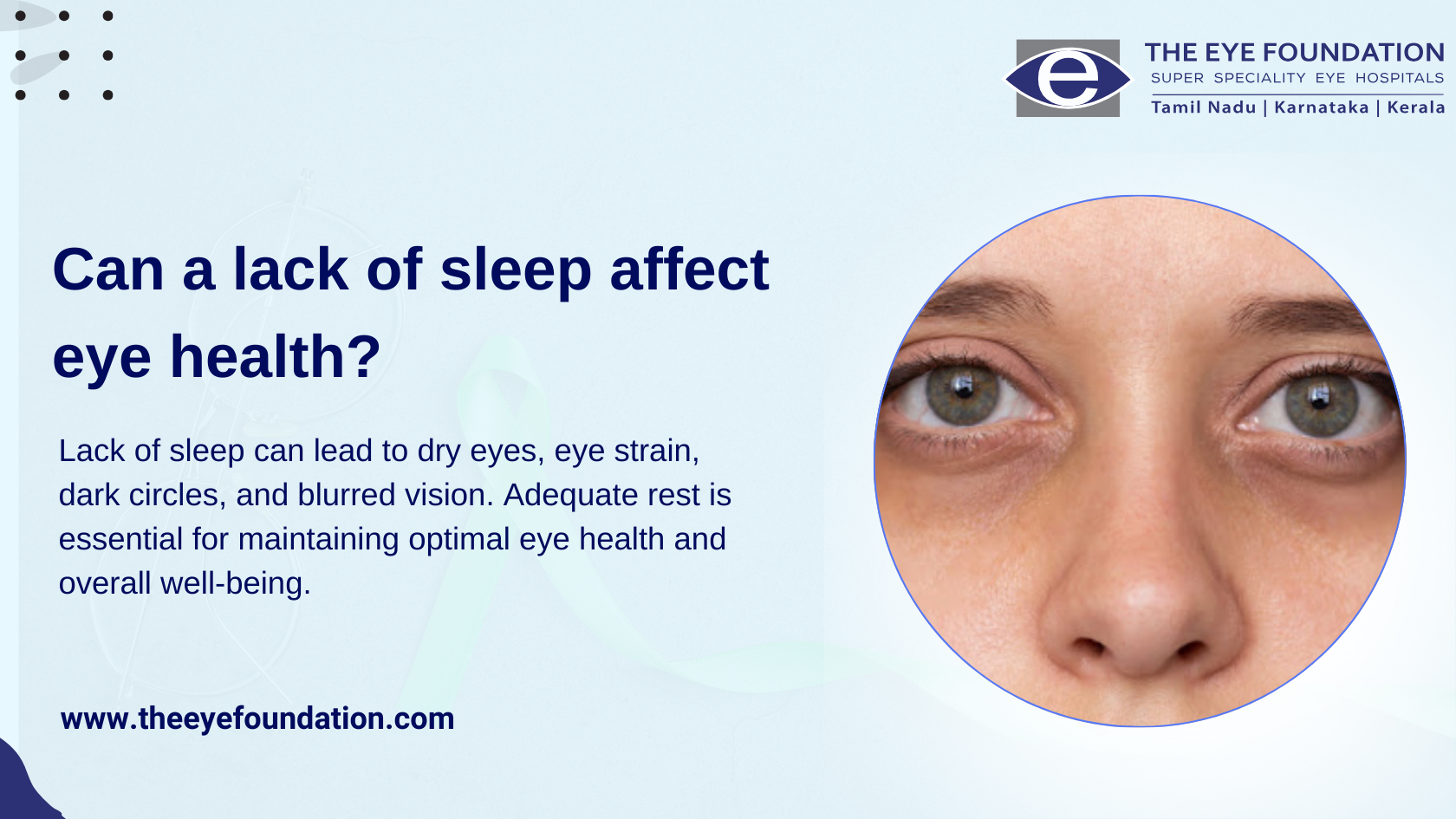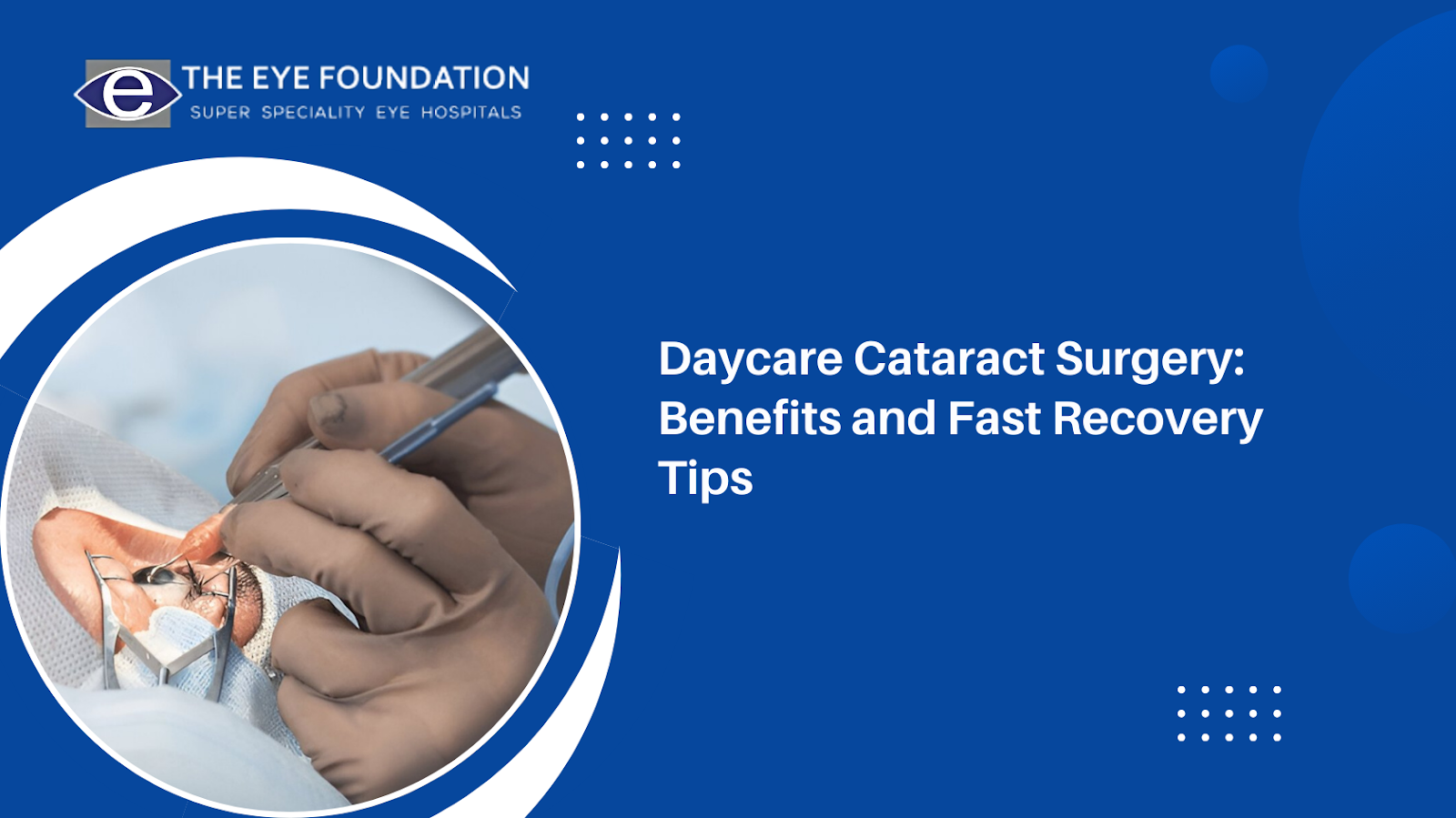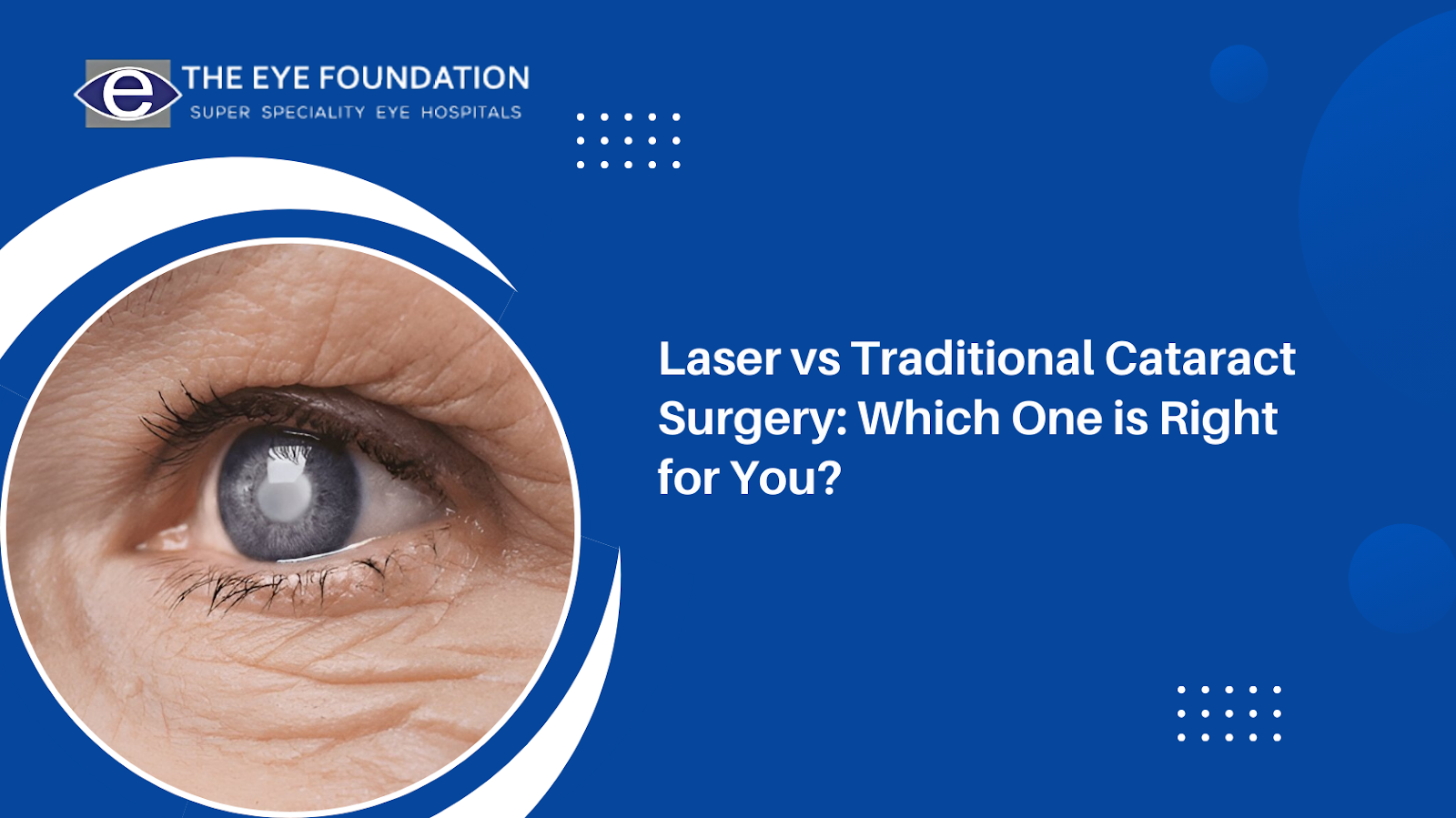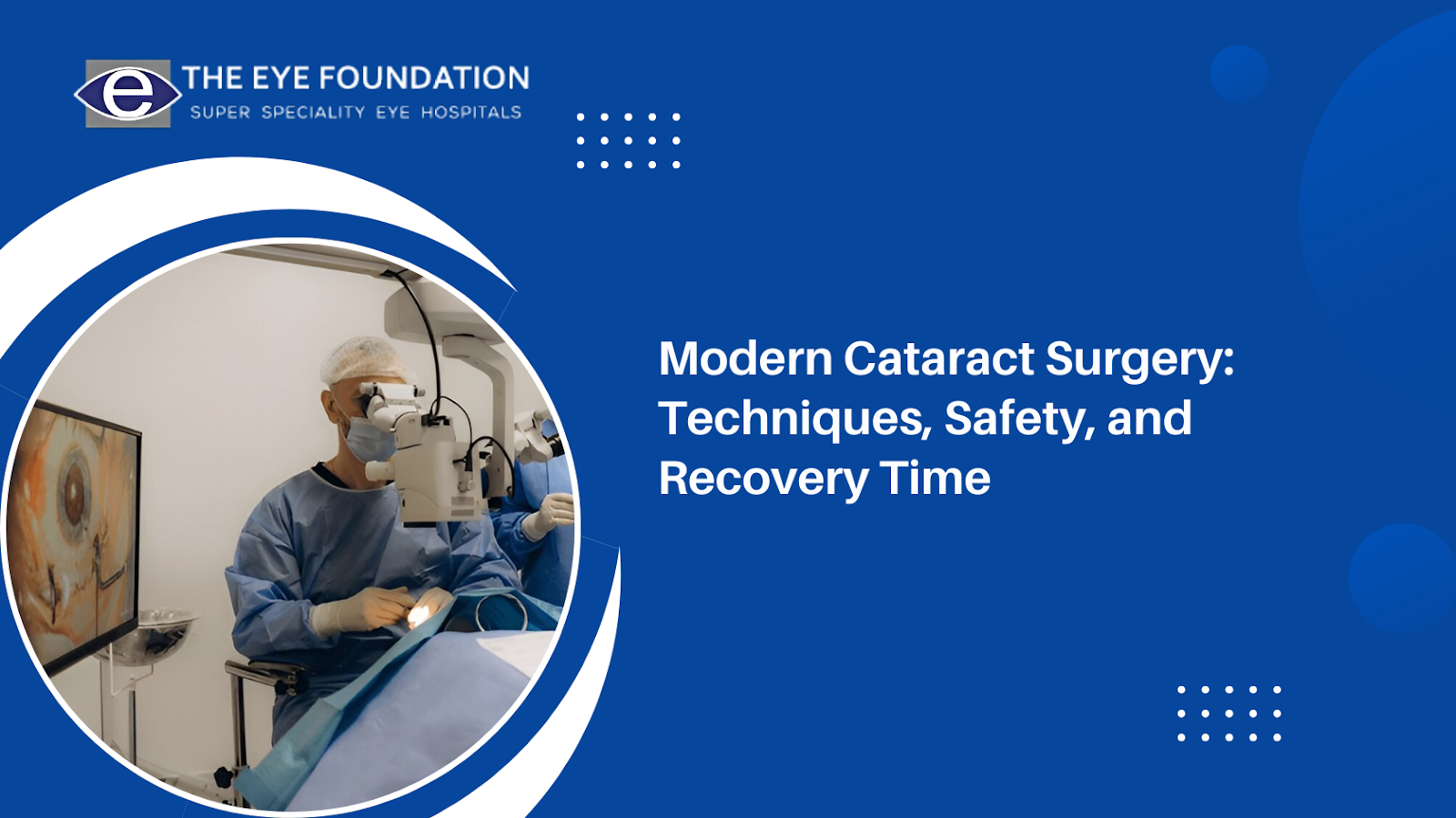Sleep is essential for the body and the brain, and the eyes, because when you are sleepy, your eyes are also sleepy. Sleeping is always a problem to our eyes and it has both short term and long term effects on our vision and ocular system. In this guide, we will talk about how the absence of sleep harms eyes and what dangers for eyes may appear in the future, and what steps should be taken to prevent it.
How Sleep Impacts Eye Health
Sleeping also helps the eyes to heal or replenish themselves. While asleep, the eye muscles also relax and the tissues gain the chance to repair themselves from the strain and inflammatory effects of light and screen time during the day. This is the time that can help avoid getting such symptoms as dryness of the eyes, redness or blurring of vision that are associated with inadequate sleep.
Lack of sleep also affects the eyes and if the cycle is continued the following are the symptoms that may be experienced at times these may develop into other complications.
Short-Term Effects of Lack of Sleep on Eyes
- Dry Eyes: Sleeping disorders, for instance, can cause a reduction in tear secretion resulting in irritation of the eye. This condition can make it difficult for your eyes to focus and can also be the cause of irritation.
- Eye Twitches: Tiredness results in spasm of the muscles controlling the eye leading to an involuntary movement of the eyelid. Although most of the time they are not dangerous, they can be irritating and sometimes even cause discomfort.
- Dark Circles and Puffiness: If you do not get enough sleep, then you may develop some eye bags or even dark circles. Albeit seemingly unimportant, these signs are a constant reminder of the body’s requirement of sufficient amount of sleep.
Long-Term Effects on Eye Health
Prolonged sleep loss is not without effects, and its effects are long-term. Research has it that constant sleep deprivation is a cause of serious eye health issues like glaucoma because of raised intraocular pressure. Others are the advancement of myopia in children and the youthful people and in some cases even the damage of the optic nerve.
Tips for Protecting Eye Health with Good Sleep Habits
To maintain optimal eye health, prioritize sleep with a consistent schedule and a restful environment:
- Develop a calming pre-sleep routine, such as reading or using relaxation exercises.
- A person should avoid consuming caffeine and alcohol products before going to bed.
- Do not rub your eyes to avoid irritation due to dryness, drink lots of water.
- To minimize eye strain brought by screens the 20-20-20 rule should be observed.
- Control the light to use low and warm intensity in the evening.
- For the air moisture to be comfortable, one should use a humidifier.
- Wear an eye mask in order to exclude additional light for improved night’s sleep.
These are some of the habits that if you incorporate, you are not only enhancing your sleep but also ensuring that you are exercising measures to safeguard your eyes from the adverse impacts of sleepless nights.
Concerned About Eye Health? Get Help from The Eye Foundation
Some of the symptoms you should look out for are dryness, redness, and even blurry vision, you should consider an eye examination. The Eye Foundation provides consultation services and advice to ensure that your eyes are healthy. To avoid such problems in the future, it is advisable not to wait for a meeting with a specialist.
Book an Appointment Today!
Eyes are one of the most important body organs when it comes to daily activities, and taking precautions involves getting enough rest and seeing a doctor if problems arise. If you are experiencing constant symptoms as a result of poor sleep, you should visit a specialist for advice on how to safeguard your eyes. Book the appointment today!






